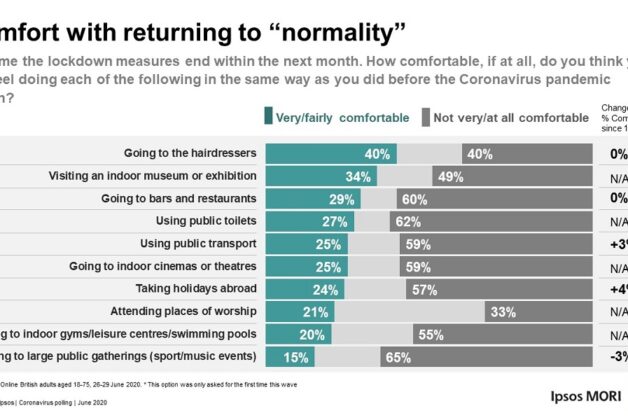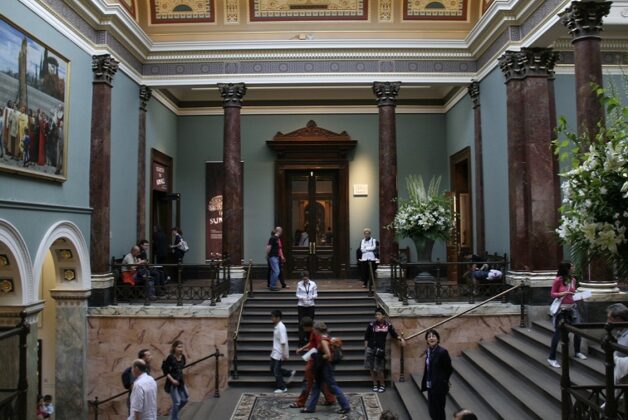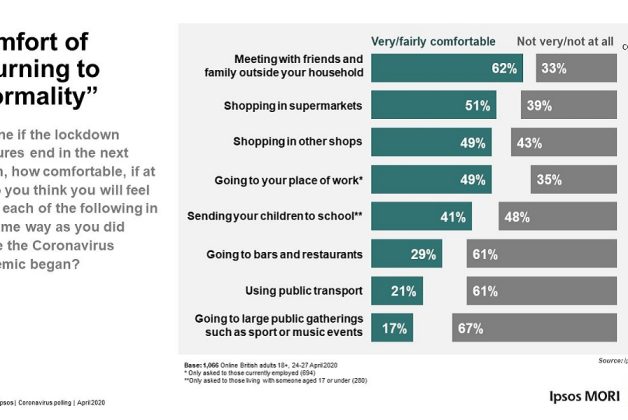A survey of heritage businesses, organisations, social enterprises and voluntary groups has been conducted by Historic Environment Scotland to better understand the implications of the pandemic and help inform a coordinated and collaborative response to the crisis.
Perhaps unsurprisingly, the results indicate that almost 80% of respondents have experienced either a loss or postponement of work due to the current pandemic, while more than 70% have cancelled planned income-generating events.
More worryingly, 22% say they face a high risk of not surviving the current situation without major intervention. This was most prevalent among sole traders or partnerships, with cashflow and future orders cited as the main concern.
“Our historic environment makes a vital contribution to communities right across Scotland – from supporting jobs and local economies to developing skills and learning, as well as promoting health and wellbeing – and we must champion the key role the sector has to play in our national recovery,” says Alex Paterson, Historic Environment Scotland’s chief executive.
“While the current crisis has significant implications for Scotland’s heritage sector, it has also presented us with an important opportunity to come together to map out our vision for the future.”
In terms of sectoral differences, the study identified museums and organisations involved in providing education as being at the most risk.
Evidence-based tracking to plot the live impacts of Covid-19 is “crucial to informing our response to this crisis”, according to Caroline Clark, director of the National Lottery Heritage Fund in Scotland.
“There is no question,” she adds, “that this survey by Historic Environment Scotland sharply illustrates the challenges ahead. It is clear that there are particular concerns around the medium to long term. As funders, we need to listen to these messages and respond quickly to needs as they emerge, standing ready to support the change and innovations that this crisis is forcing on the heritage sector and the wider world.”
The study’s publication coincides with the inaugural meeting of the Covid Historic Environment Resilience Forum, an entity established specifically to consider how to deliver on priorities such as wellbeing and developing a sustainable low-carbon economy during these challenging times.
Full findings of the new Historic Environment Scotland research is available here.





